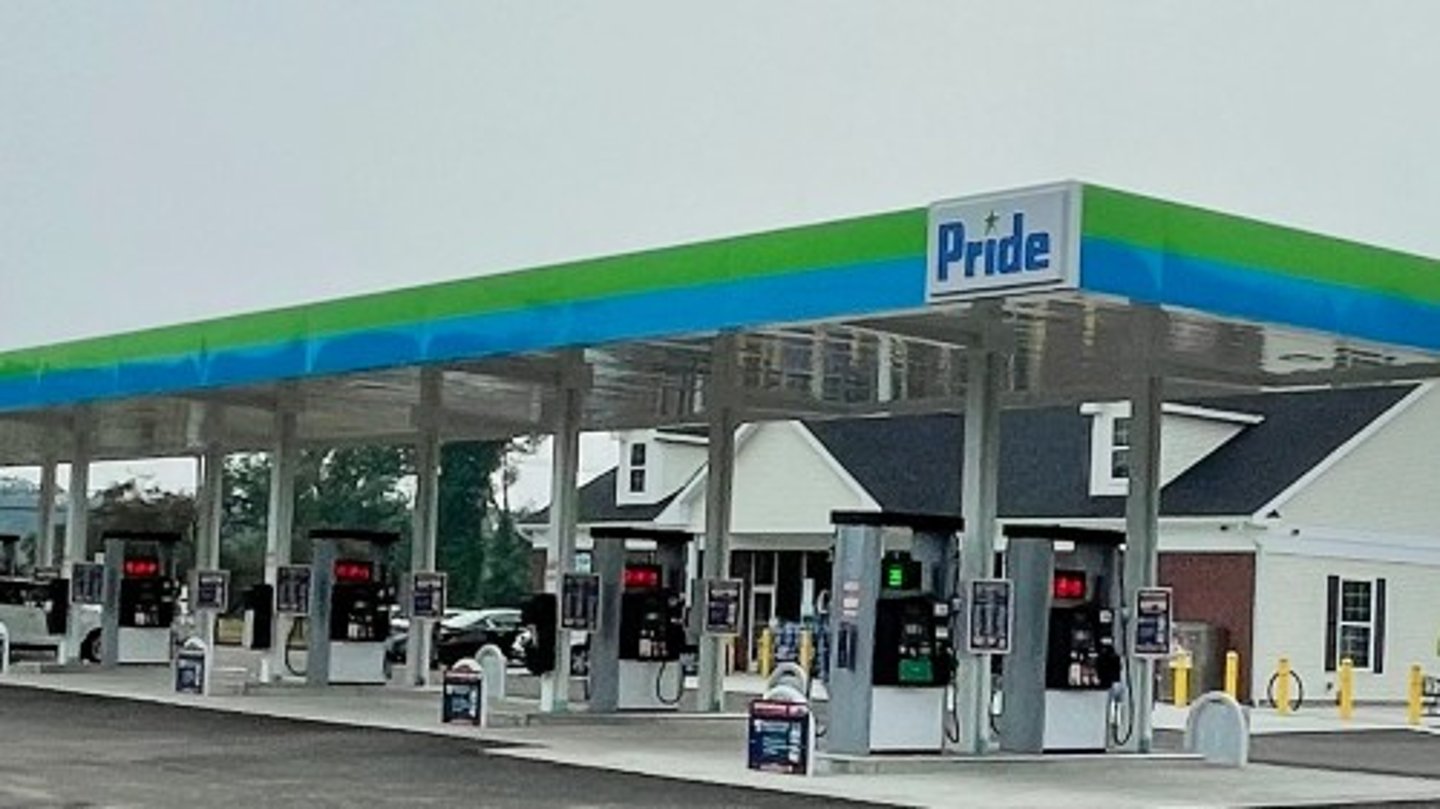ARKO Corp. Shifts Focus to Organic Growth
RICHMOND, Va. — In the last few years, ARKO Corp. has executed an aggressive merger-and-acquisition (M&A) strategy to expand the company's network. In the past 18 months alone, the convenience retail chain closed five acquisitions, adding almost 200 stores and approximately 520 new sites across its wholesale and fleet fueling segments.
As the company moves into 2024, its focus will be to further push, refine and improve performance across its existing network as its unlocks the value of the retail segment, Arie Kotler, chairman, president and CEO, said during ARKO's fourth quarter and full year 2023 earnings call, held last month.
"Reflecting on our first three years as a public company, we have significantly broadened our geographic footprint through acquisitions, and have delivered approximately $166 million in net income and approximately $850 million in cumulative adjusted EBITDA over this period," Kotler shared. "As we move into 2024, we are focusing more of our management’s time on driving organic growth and unlocking the value of our retail segment, and I believe we have many levers to pull."
[Read more: ARKO Firms Up Growth Strategy With Oak Street Deal Extension]
In the past nine years, ARKO has closed more than 25 acquisitions and while M&A is a core part of its business, Kotler believes now is the time "to peel the onion" and find untapped opportunities for organic growth.
Putting the synergies of its recent acquisitions into view, the executive explained that the convenience store chain's organic growth strategies this year will be to harness the potential of additional land opportunities that were included in those recent deals. This will include new-to-industry (NTI) locations and new formats.
As part of that strategy, GPM Investments LLC, ARKO's wholly owned subsidiary, recently opened its first Fas Mart Express unmanned store concept. The location appears alongside one of its acquired Quarles cardlock locations in the Richmond, Va., area.
Quarles Petroleum Inc. was acquired by ARKO during the third quarter of 2022, adding 121 proprietary cardlocks to the company’s portfolio.
ARKO additionally has three NTI locations planned so far for 2024. The company expects to break ground on the first site in the coming weeks.
"The idea is to continue to expand those opportunities," Kotler emphasized. "I can tell you that we are laser-focused on that, especially in 2024, coming off of so many acquisitions that we did over the past few years."
Retail Operations Earnings
Speaking to the integration of its acquired assets, Kotler pointed out that ARKO is seeing strong results materialize following its acquisition of Pride Convenience Holdings LLC, which closed in the fourth quarter of 2022.
Since the deal was finalized, ARKO has earned back in adjusted EBITDA approximately 65% of the consideration paid for the deal. Kotler attributed the company's success to ARKO's integration of Pride's assets and the transition of its loyalty members to the fas REWARDS program.
"We were able to increase the merchandise margin in our Pride locations by approximately 260 basis points from Q1 2023 to Q4 2023. We believe that rapid return and integration of Pride reflects the acquisition of good assets at a good price," the executive noted.
In addition to its integration efforts paying off, ARKO is seeing positive results from many initiatives across its convenience stores. The company bases its in-store growth strategy on three key pillars:
- Growing sales in core destination categories;
- Using the fas REWARDS loyalty program to develop and strengthen the relationship with customers; and
- Expanding its packaged and fresh food offering.
As a result of these efforts, fourth quarter same-store merchandise sales, excluding cigarettes, decreased 1.8%, reflecting macroeconomic headwinds. Same-store merchandise sales decreased 2.8% for the fourth quarter of 2023 vs. the fourth quarter of 2022. Penetration of the company's core destinations (packaged beverages, candy, salty snacks, packaged sweet snacks, alternative snacks and beer) as a percentage of same-store merchandise sales increased 90 basis points for the quarter.
Merchandise gross profit contribution increased $24 million, or 19.6%, driven by $19.7 million in incremental merchandise contribution from the businesses acquired in 2023 and an increase in merchandise contribution on a same-store basis of approximately $4.7 million. Merchandise margin increased 240 basis points to 32.9% for the quarter.
For the year ended Dec. 31, 2023, when compared to full-year 2022:
- Same-store merchandise sales excluding cigarettes increased 2.5%.
- Same-store merchandise sales increased 0.4%.
- Total merchandise contribution increased $83.9 million or 16.7%.
- Merchandise margin increased 140 basis points to 31.8%.
Other earnings the Richmond-based company reported included:
- In Q4, adjusted EBITDA was $65.5 million. For full-year 2023, adjusted EBITDA was $290.4 million.
- Net income for the fourth quarter was $1.1 million and $34.6 million for the full year.
- Total retail gallons decreased 7.5% for the quarter and decreased 5.3% for the year.
- Primarily due to incremental expenses related to recent acquisitions, operating expenses increased $31 million, or 18.2%, for the fourth quarter and increased by $109.6 million, or 16.4%, for the year.
ARKO operates in four reportable segments: retail, which includes convenience stores selling merchandise and fuel products to retail customers; wholesale, which supplies fuel to independent dealers and consignment agents; fleet fueling, which includes the operation of proprietary and third-party cardlock locations, and issuance of proprietary fuel cards that provide customers access to a nationwide network of fueling sites; and GPM Petroleum, which sells and supplies fuel to its retail and wholesale sites and charges a fixed fee, primarily to its fleet fueling sites.



